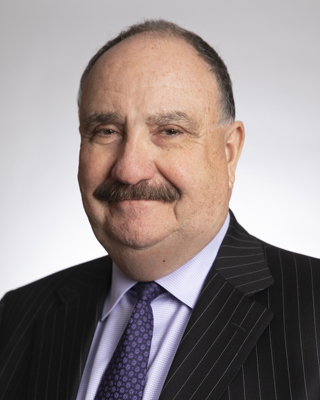Recently, I was interviewed by the governance committee of a non-profit agency. They wanted to discuss my views on leadership and service. When I accepted their request, the first thing I thought about in regard to leadership was “intention”—living and leading with intention.
Stretching Out
One of the meanings of the Latin intentio is “stretching out.” I am fond of associating a stretch with intention because fulfilling an intention is likely to require that one do some stretching. We all know people with good intentions that somehow never become realized. To stretch is to act. True intention and reaching the goal is about stretching beyond sentiment into effective action.
Leading with intention is about making things happen, getting the job done, reaching the goal. As I discussed these views about intention, I realized that “sacrifice” is also something I associate with leading and making things happen. One of my interviewers objected to my use of the word “sacrifice,” which is exactly why I am writing about it now.
Giving Something Up
Sacrifice means to give something up for a greater good. There seems to be an attitude loose in our culture that getting what is desired can be and should be accomplished without giving up anything. I know a few business owners in technology who have the challenge of hiring young engineers. It is common for the business owners to complain that the qualified young people want good performance reviews and promotions just because they went to good schools and they show up during business hours. They do not seem familiar with stretching out or giving up a weekend to make something happen.
Worrying About the Young
I am an old person, turning 68 this April, in Act III of my life. (Because one meaning of “retire” is “discard”, at Bell Investment Advisors, we prefer to think of the final 30 years of life as Act III.) Old people worry about young people, and the lack of willingness to sacrifice that I observe concerns me.
When I brought up sacrifice in my interview with the committee, I was thinking of all the things I had done in my volunteer service to make things happen. Sometimes it meant giving up a whole Saturday or giving up a Saturday breakfast with Bonnie to meet for breakfast with a donor. Or giving up an evening to meet with someone at 8 or 9 pm because that was the only time it could happen. To make things happen in my life, I have to think in a 24/7 timeframe. Not everyone thinks this way. It is as true for my business as it is for my volunteer work. I can’t help it. It is who I am. And it is probably why some folks would seek me out to talk about leadership and service.
Styling for Life
I believe the phrase “life style” first became popular in the 1960’s. One of my undergraduate professors protested the concept passionately. He did not believe that life could or should be reduced to a style, something that can go in and out of fashion, and that exists on the surface.
I think my professor was on to something when I consider what is known as “Life Style Practice”, something that has emerged in the profession of financial planning. Many financial planners are not willing to sacrifice to benefit their clients and their businesses. They may be sole proprietors with no employees because hiring people is complicated, risky, even dangerous for them; they don’t want to give up the safety of sole proprietorship in order to provide better service for their clients. Many of the life style planners that I know work only two or three days a week. I am not sure how such planners are effective or win the full trust of their clients when their availability is severely limited and they have no employees to serve as backup . . . and no succession plan—but it is their “life style”.
Before Act III ends for me, I want to make the point that sacrifice, which for me sometimes means giving up weekends and evenings, and stretching are how I make things happen. I don’t know any other way.


